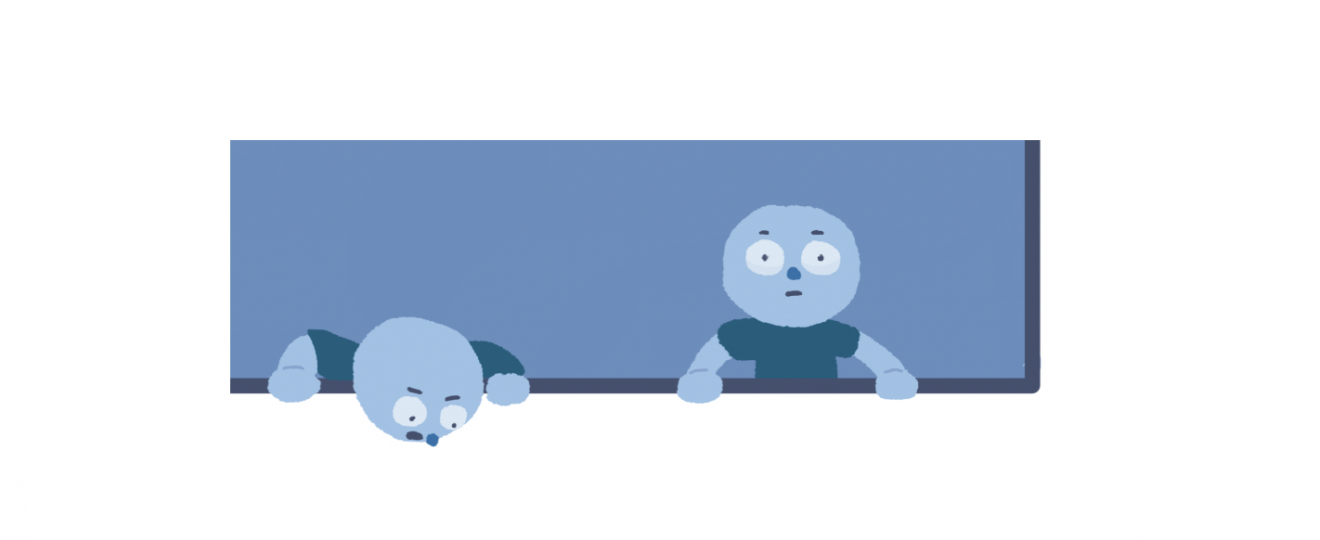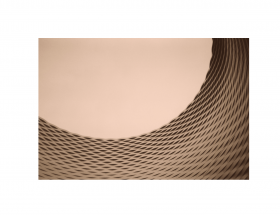“What is the purpose of understanding our existence anyway?“
Monsieur Antoine Roquentin of Jean Paul Sartre’s Nausea constantly feels barraged by the material world that surrounds him. He becomes aware of his own existence through a temporary feeling, a necessity to vomit that stays with him for days at a time. In one of the most climactic parts of the novel where he is feeling particularly disgusted with the people around him (quite a common occurrence, perhaps better terms as his modus operandi), he observes the root of a chestnut tree. In the precise moment he sees it, he can find no words to describe it. The root, he says, struggles against all the superfluous qualities that we have assigned to it. Understanding the function of it could allow cognisance? of what a root “in general” might be, but not this root specifically. The only thing that he knows is that the root of this chestnut tree is there, and just like that, he discovers that he can find no word to describe himself on becoming aware of his own existence. Roquentin understands that we explain our placement in the world, our purpose, by stating our essence. He comes to comprehend this essence, however, as an oversimplified construct that hides the blank existence of the individual.
By recalling a series of experiences he had come into contact with in the past few days, he begins to think about the way they felt or the way they smelled or the way that they appeared to him. He finds that when these qualities “shot past under your eyes, like startled hares, and you didn’t pay too much attention to them, you could believe them to be simple and reassuring.” The second that he stops questioning their essence, he finds that there is great comfort in experiencing the world, because true comfort stems from a sense of stability and assumptions. When one begins to “hold on to them for a moment,” the feeling of security that he finds in understanding the world in terms of assumptions disappears to make way for a sense of restlessness, in which “colors, tastes, smells were never real, never simply themselves, and nothing but themselves.”
Our fault in understanding the world around us, moreover, lies in the fact that we understand everything in relation to this “superfluousness,” something that is heavily critiqued in Nausea. At the moment that Roquentin understands this, he overcomes his feeling of nausea in what he oxymoronically describes as a “horrible ecstasy.” He goes on to explain that existence is something contingent, and that any causal explanation that one might attempt to give to existence is altogether unnecessary. Existence is something that can be encountered, but never deduced and is therefore entirely gratuitous in and of itself. It is also something that he describes as invasive, it must “pounce upon you” and weigh you down as opposed to being something that you might experience from a distance.
This nausea that settles over Roquentin in Sartre’s novel might not, word for word, be what we all experience when we begin to think of our existence. This impending fear and anxiety that settles over us when we reflect on the fact that we, as humans, might not be everything that we think we mean, is however, a very real and commonplace feeling. Sometimes it comes in feeling that our world and social reality is fundamentally socially constructed, that nothing exists outside of what we conceptualize the world to be, and others in a stomach-churning sensation that comes with the doubt that what we experience might be the result of the manipulation of some evil genius (in a very Cartesian fashion), and that we are in the Matrix. Maybe I speak from the place of a teenager with too much time on her hands, but this anxiousness that settles over me has the power to grasp me, petrify me, or to create an unsettling sense of discomfort for long bouts of time whenever it crosses my mind. It doesn’t even have to be about thoughtfully reflecting about the universe, sometimes it can be as simple as my sudden awareness of the fact that I am breathing or even just blinking (If by reading that sentence, you have suddenly become aware of any of the aforementioned, I sincerely apologize, I understand how uncomfortable that must be because I suddenly feel the same way).
There is no greater eyebrow-raising discomfort than the one of being totally aware of yourself, of your place in the universe, of who you are, and if that even matters at all. Sometimes being oblivious to all of these things is the best thing that you can do for yourself, it allows your mind a bit of a break, a breath of fresh air. At the end of the day, one might even read the work of Sartre and think to oneself that Roquentin is a pretentious ass who likes to think that he is more sensible and intelligent than every other character in the book that he consistently belittles. What is the purpose of understanding our existence anyway? Why should we ask ourselves these questions if all they do is create this feeling of nausea that the protagonist of the novel suffers (rarely to any end at all)? In his constant self-awareness, Roquentin does end up without the happy ending that a greater majority of us desire in our lives- without friends, without his lover, without a hobby or a passion, simply searching for a sense of meaning inherent to himself.
To be honest, I do not know the answers to those questions myself, and probably lack enough life experience to give a half-decent one at all. These questions and realizations, however, do bring me a sense of fascination inherent to being a human in a quest to do as well as I can, or get the most out of life, or really to experience the world in its entirety however possible. What Sartre provides is the basic thought that to be is to be, something that feels quite absurd in the long run.
This frees us of the shackles of whatever we as individuals are defined in relation to, and allows us to pursue our freest selves as a result. Though Sartre’s work is not meant to be a happy self-help philosophy that lets us, in the words of 21st century millennial lingo “be our best selves,” it opens the door to building a freer world with free-minded individuals. This is something that the philosopher himself believed to be possible, something that is evident in his consistent campaigns against French imperialist projects around the world as well as his lifelong support for socialism.
Sartre provides an underlying message on living one’s life as authentically as possible, because all other presupposed assumptions about your existence are absurd at best. I read this it as the fact have the responsibility to search for this freedom to achieve it and pave the way to a self-aware reality where that search for freedom is no longer our prison. From this stems the concept that justice is not only a possibility but even our calling as humans, and the hierarchically divided world in which we currently exist does not allow this at all, but rather subordinates the majority. The destruction of this world (Sartre, politically believed this was achievable through revolution) is the first step that we need to take in the right direction in order to achieve the autonomy that we as humans require to be free. Maybe shedding everything to achieve purpose the way Roquentin did might not be the way to do it, but in the greater scheme of things maybe we all have our individual way of discovering our existence on a fundamental level in order to reach that liberating “horrible ecstasy.”
art by Julie Torres




